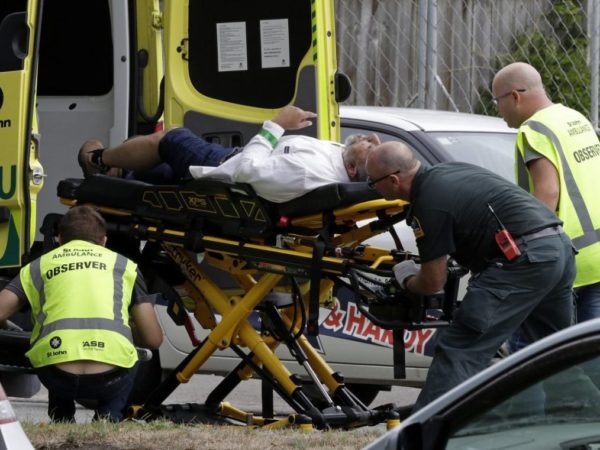Nnamdi Azikiwe University (UNIZIK) has expelled 300-level student Goddy-Mbakwe Chimamaka Precious following a physical altercation with Dr. Chukwudi Okoye, a lecturer in the Department of Theatre and Film Studies. The incident, which occurred on February 11, 2025, escalated after Dr. Okoye inadvertently interrupted a TikTok video Precious was recording in a university hallway.
A viral video capturing the confrontation shows Precious reacting aggressively after Dr. Okoye passed by and tapped her shoulder, requesting passage. The situation intensified, leading to Precious physically assaulting the lecturer, including biting him and tearing his clothing. Dr. Okoye maintained composure throughout the ordeal, refraining from retaliation.
The university’s Student Disciplinary Committee reviewed the incident and, citing a gross violation of the institution’s regulations—specifically Regulation 4 (SDR)—recommended expulsion. This decision, communicated in a letter dated February 13, 2025, and signed by Acting Registrar Victor Modebelu, has sparked a polarized response.
Alumni and some stakeholders commend the university’s firm stance, viewing it as a necessary measure to uphold discipline and deter similar misconduct. Ikechukwu Umeh, President of the UNIZIK Alumni Association, stated, “This action serves as a strong deterrent to students who might consider engaging in such behavior.”
Conversely, critics argue that expulsion is a disproportionate response, especially for a first-time offender. They advocate for alternative disciplinary actions, such as suspension or mandatory counseling, emphasizing the university’s role in both education and character development.
This incident ignites a broader discussion on the balance between enforcing discipline and offering rehabilitative opportunities within academic institutions. As universities navigate these challenges, the UNIZIK case underscores the complexities inherent in addressing student misconduct in the digital age.




